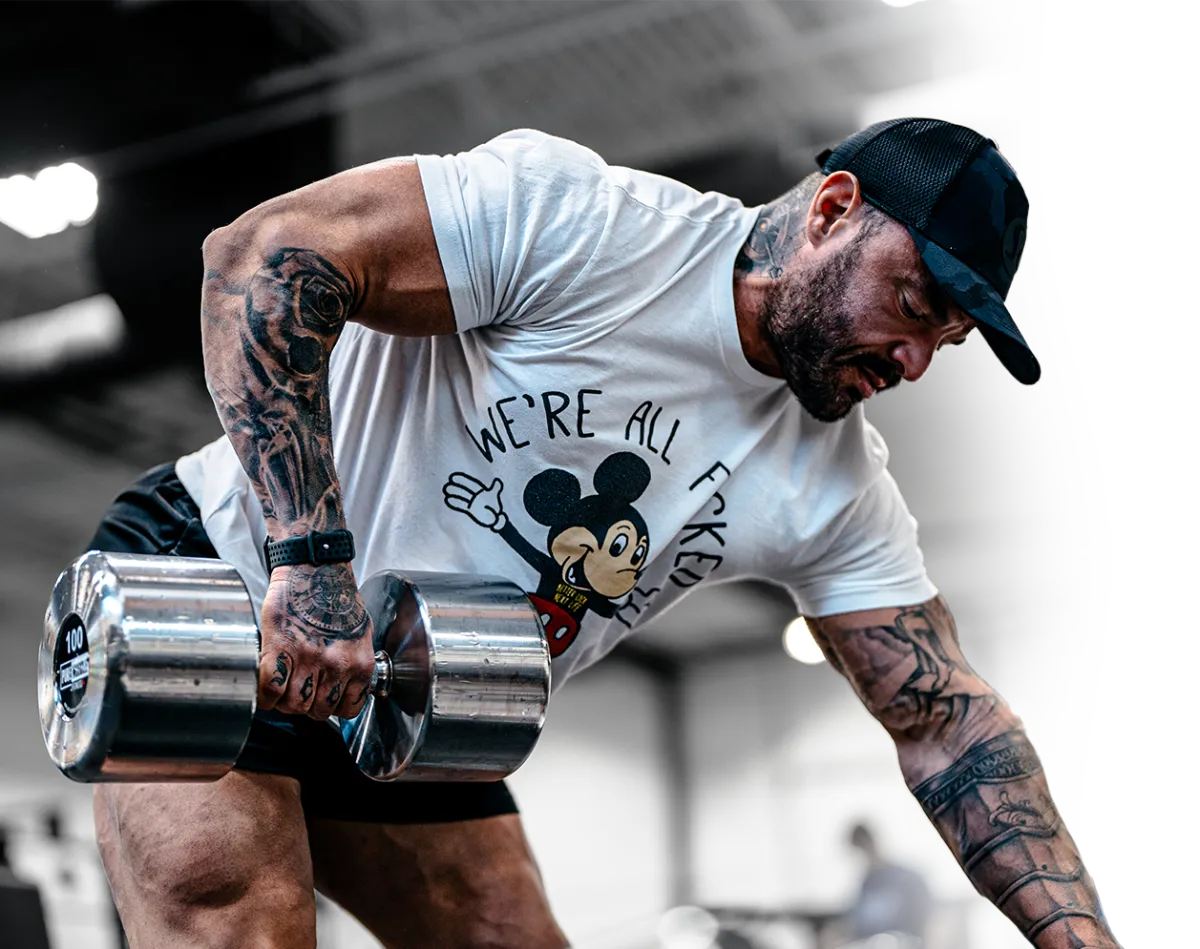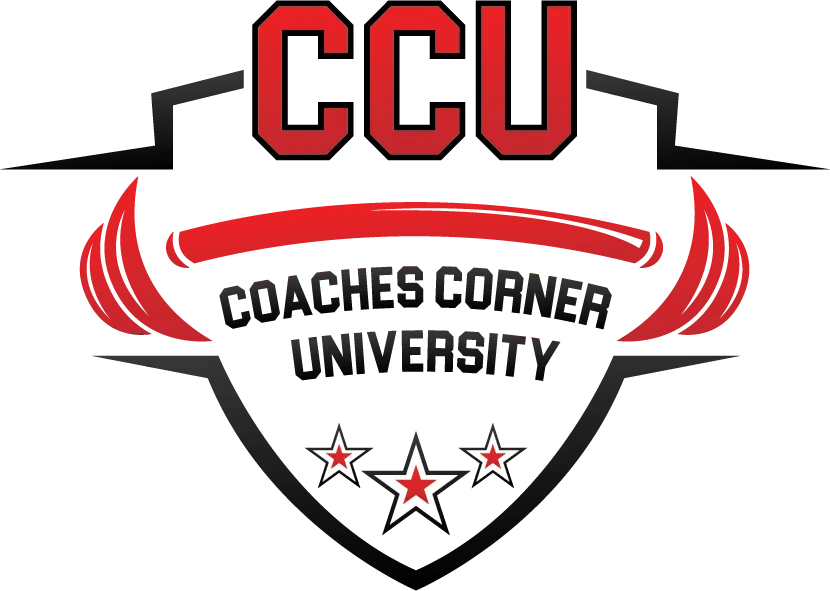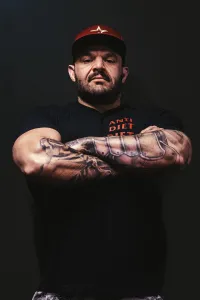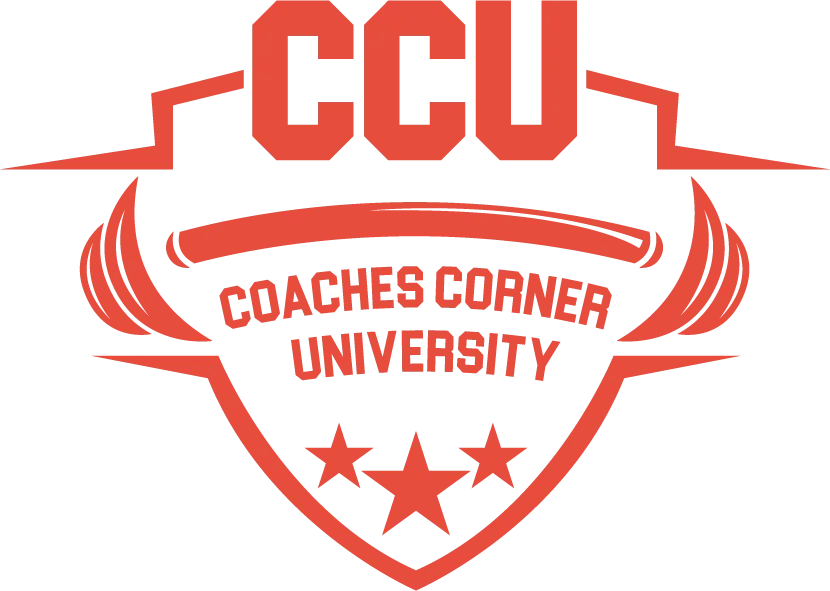Discover The Latest Blogs
Stay updated with Our Informative Blog Posts

CCU Podcast - Joe Connolly: Value Focused and Impact Driven Coaching
Value Focused and Impact Driven Coaching
In this episode, I sit down with the Head Coach for Sports Performance Arizona State University Football, Joe Connolly.
Joe is a Master Strength and Conditioning Coach (MSCC), who has revolutionized ASU’s sports performance program by implementing individualized, cutting-edge training systems, incorporating advanced technology, and cultivating a dynamic team across nutrition, sports science, and performance. Under his guidance, ASU athletes have achieved notable NFL success, including first-round draft picks Brandon Aiyuk (2020) and N’Keal Harry (2019), as well as other professional players.
Prior to ASU, Joe served as Head Strength and Conditioning Coach at UMass, where he developed standout athletes such as Denver Broncos’ offensive lineman Elijah Wilkinson and All-American tight end Adam Breneman. Earlier in his career, Joe spent seven years at the University of South Carolina under Hall of Fame coach Steve Spurrier, contributing to six consecutive bowl appearances and coaching 45 NFL draft picks, including 2014 No. 1 overall pick Jadeveon Clowney. He began his career at Harvard, supporting 41 sports programs, and earned advanced degrees in strength and conditioning while competing in weightlifting and strongman events.
A native of Barnstable, Mass., Connolly resides in Tempe with his wife, Shalona, and their two children, Cali and Cade.
This conversation is packed with invaluable lessons. Coach Connolly’s insights offer a roadmap for impactful coaching and lasting success in the field.
10 Key Takeaways from Value Focused and Impact Driven Coaching
Master The Basics Before Coaching
Coach Connolly emphasizes that young coaches often have book knowledge but lack practical application skills. Before coaching others, develop your mastery through personal training and competition. This creates technical proficiency and empathy for what you're asking athletes to do.
Earn Your Voice
The weight room is the athletes' domain first - you're entering their space. New coaches must earn the right to be heard through consistent presence, learning names, and demonstrating competence. Coach Connolly notes, "They don't know who you are...don't even [coach] yet. Just stand over there and write down the weights."
Build Relationships Before Authority
Success in strength and conditioning hinges on relationship-building. Your impact potential is directly proportional to the strength of your connections with athletes. Technical knowledge means nothing without trust and rapport. Take time to understand each athlete as an individual before attempting to modify their behaviour.
Embrace Continuous Learning
The field constantly evolves. Coach Connolly's approach to new technology illustrates this perfectly - be skeptical but willing to learn. Test new methods thoroughly, understand their application, and integrate what works. Staying current while maintaining high standards for adoption is crucial.
Put Systems Before Ego
When working with other professionals (sports medicine, nutrition, etc.), check your ego at the door. The goal is athlete development, not personal validation. Create systems where information flows freely between departments and everyone's expertise is valued.
Understand the Lifestyle Demands
The reality of collegiate strength and conditioning involves long hours, frequent moves, and personal sacrifice. Coach Connolly's experiences - from 2 AM wake-ups to 16-hour days - highlight the importance of understanding these demands before committing to this career path.
Maintain Personal Development
Despite demanding schedules, never stop challenging yourself physically. Coach Connolly's story about running a marathon after squatting 500 pounds demonstrates the importance of continuing to push your own boundaries. This maintains credibility and provides valuable coaching insights.
Create Clear Standards
Establish non-negotiable standards and maintain them consistently. When expectations are clear and consequences are understood, the program primarily runs itself. This creates a culture of accountability that transcends individual personalities or circumstances.
Focus on Impact Over Income
The most fulfilling aspects of coaching often have nothing to do with salary or prestige. Whether working with future NFL stars or athletes heading to corporate careers, the opportunity to impact lives should be your primary motivation.
Develop Financial Security
While passion drives the profession, practical considerations matter. Maintain an emergency fund (Coach Connolly recommends six months of living expenses) to handle the inherent job instability in collegiate athletics.
Success in strength and conditioning coaching requires much more than technical knowledge or training methodology. It demands a combination of personal development, relationship building, systematic thinking, and lifestyle management.
For young coaches entering the field, these lessons provide a roadmap not just for career survival but for genuine impact and fulfillment in what remains one of the most challenging yet rewarding professions available.
Find Joe:
Website: http://thesundevils.com/
Instagram: @coachjoeconnolly
X: @Coach_Joe28
Find the podcast:

Coaches Corner PhD




